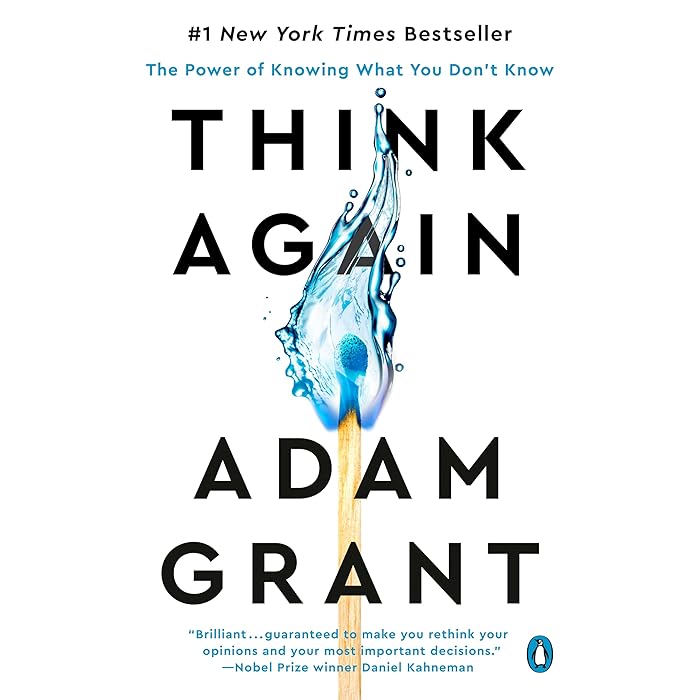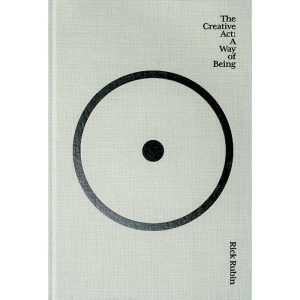Description
**”Think Again: The Power of Knowing What You Don’t Know”** is a book written by organizational psychologist Adam Grant. In this work, Grant explores the importance of intellectual humility and the ability to change our minds. He argues that the willingness to question our own beliefs, seek out alternative viewpoints, and engage in thoughtful reconsideration can lead to better decision-making, personal growth, and innovation.
The core message of the book is that in a rapidly changing world, those who can “think again”—who can unlearn outdated ideas, entertain uncertainty, and embrace new evidence—are more likely to succeed and thrive. Grant stresses that it’s not just about being open-minded but about actively cultivating the skill to think critically, to reevaluate assumptions, and to challenge entrenched ideas.
Here are some of the key themes discussed in the book:
1. **The Value of Rethinking**: Grant emphasizes the importance of rethinking ideas, even those we are most confident about. Instead of rigidly holding onto past beliefs, we should view them as hypotheses subject to change based on new information.
2. **The Dangers of Overconfidence**: Many of us are often too sure of our knowledge, which can blind us to alternative perspectives. Grant explores how overconfidence can lead to poor decision-making, especially when we ignore contradictory evidence.
3. **The Power of Intellectual Humility**: A key concept in the book is “intellectual humility,” the idea that recognizing the limits of our knowledge can open up opportunities for learning and growth. By acknowledging that we don’t know everything, we can become more open to feedback and new ideas.
4. **Learning from Disagreement**: Grant discusses how disagreements can be constructive rather than destructive. Engaging with people who disagree with us helps us sharpen our own thinking and consider new ways of approaching problems.
5. **The Benefits of Changing Your Mind**: Changing your mind is often viewed as a weakness, but Grant argues that it is actually a sign of strength and intelligence. Being able to admit when you’re wrong and adjust your beliefs is a key factor in personal development and problem-solving.
6. **Creating a Culture of Rethinking**: Grant also examines how organizations and leaders can foster environments where employees feel safe to challenge assumptions and bring fresh ideas to the table.
**Key Takeaways:**
– Being able to rethink our positions and stay open to new information is essential for success in the modern world.
– Intellectual humility is a crucial trait for personal and professional growth.
– Disagreements and differing opinions should be seen as opportunities for learning, not conflicts to be avoided.
– Embracing change and adaptability allows us to make better decisions and become more effective problem solvers.





Reviews
There are no reviews yet.